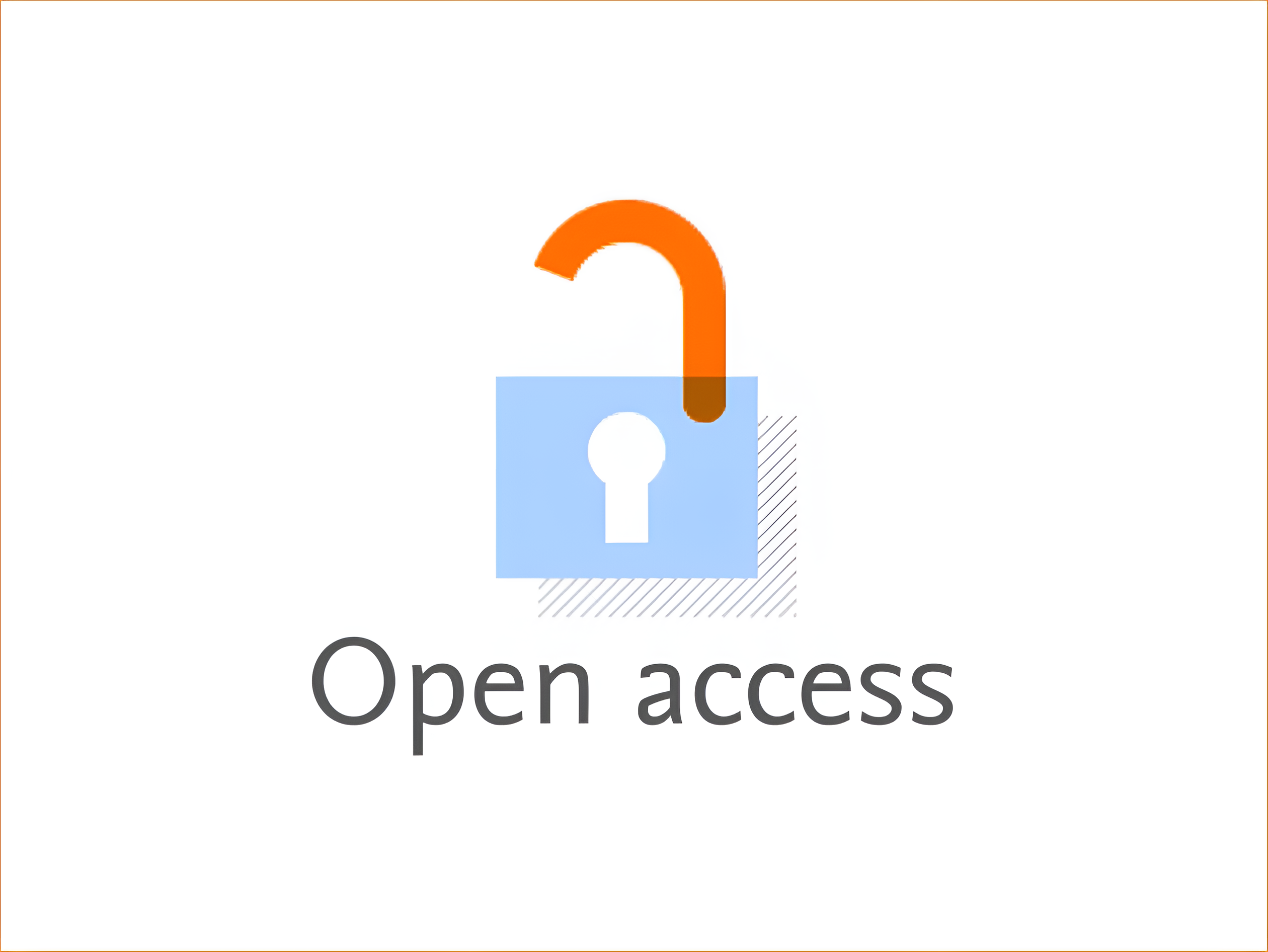AN EMPIRICAL INVESTIGATION ON THE EFFECTS OF PROFESSIONAL DEVELOPMENT PROGRAMS ON THE PEDAGOGICAL PRACTICES OF ENGLISH LANGUAGE INSTRUCTORS WORKING WITH YOUNG CHILDREN.
Keywords:
Professional development, Early childhood education, English pedagogy, Comparative studyAbstract
Language instructors face fresh difficulties every day. Their solution is to make sure that their courses are packed with the best learning strategies, technologies, resources, and aids to help students build contextualised knowledge. By taking his co-workers’ expertise into account, he was able to think through challenges and issues and come up with answers. As a result, they are able to integrate the knowledge of their co-workers with their own. Studying how to teach a second or foreign language requires scholars to be resilient in the face of emotional and social setbacks. This exercise is done often by the researcher for this reason. Many factors contributed to their decision to do this in order to facilitate his pupils’ language acquisition. The participants do this by using the study’s findings as a guide while also engaging in independent research, reading relevant scientific papers, and participating in job-specific training. By reflecting on their own teaching practices, educators may expand their own understanding while simultaneously drawing on their extensive background knowledge, practical experience, and theoretical frameworks. It is common practise for language instructors to keep track of their students’ answers in class, evaluate the results, and then use the information to inform future classes aimed at helping their students improve their language abilities. The instructor decides that the chosen theory need some revisions after giving it considerable consideration. It is reasonable to compare a classroom to a laboratory in this way since it was in the classroom that teachers put their theoretical understanding about teaching into practice. Instructors were not only recording important information, but they were also closely monitoring their students’ responses.






